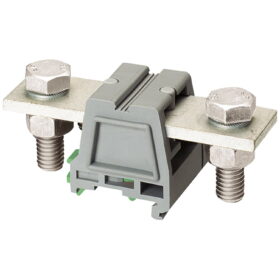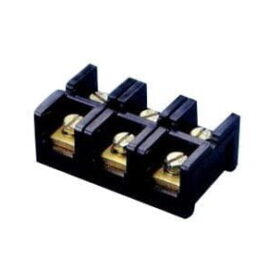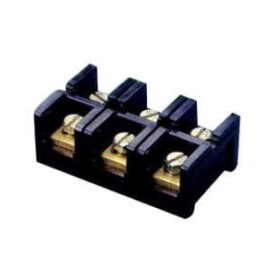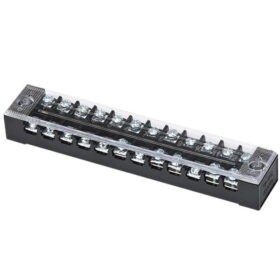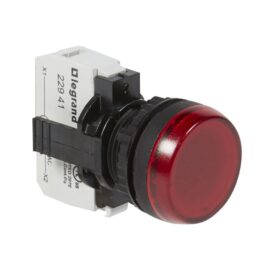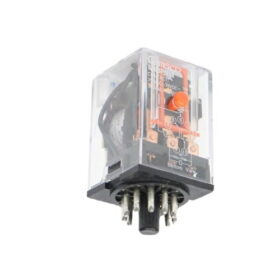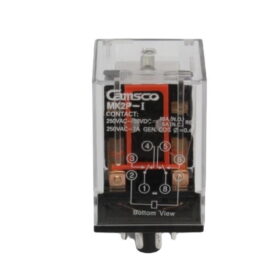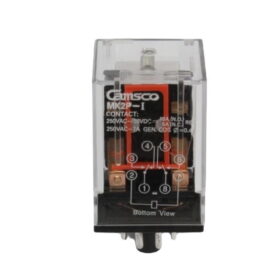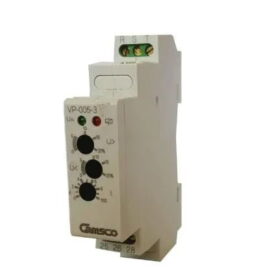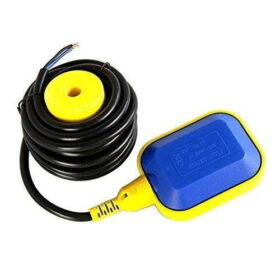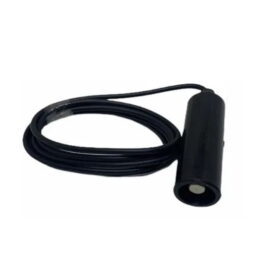Mastering Industrial Electrical Work: Top Tools and Tips for Success

Industrial electrical work can be a challenging and complex field to navigate. From troubleshooting electrical systems to installing new wiring, industrial electricians require specialized skills and knowledge to ensure the safety and efficiency of industrial facilities. In this article, we will cover the top tools and tips that can help you excel in the world of industrial electrical work.
Essential Tools for Industrial Electricians
The following tools are essential for any industrial electrician to have in their arsenal:
1. Multimeter
A multimeter is a versatile tool that can measure voltage, current, and resistance in electrical circuits. It is essential for troubleshooting electrical issues and ensuring that circuits are functioning properly.
2. Wire Strippers
Wire strippers are used to remove the insulation from electrical wires. They come in various sizes to accommodate different wire gauges.
3. Pliers
Pliers are essential for bending and twisting wires, as well as for gripping and cutting. They come in various shapes and sizes to suit different tasks.
4. Screwdrivers
A set of screwdrivers with various sizes and types of heads is essential for removing and installing electrical components.
5. Voltage Tester
A voltage tester is used to verify the presence of electrical current in a circuit. It is essential for ensuring that circuits are de-energized before working on them.
Tips for Success in Industrial Electrical Work
In addition to having the right tools, there are several tips that can help you excel in industrial electrical work:
1. Stay Up-to-Date on Electrical Codes and Regulations
Industrial electrical work is subject to strict codes and regulations to ensure the safety of workers and facilities. It is essential to stay current on these codes and regulations to avoid costly mistakes and ensure compliance.
2. Practice Proper Safety Procedures
Industrial electrical work can be dangerous if proper safety procedures are not followed. Always wear appropriate personal protective equipment, such as gloves and safety glasses, and never work on live circuits unless absolutely necessary.
3. Develop Good Troubleshooting Skills
Troubleshooting electrical issues is a big part of industrial electrical work. Developing good troubleshooting skills can help you diagnose and fix problems quickly and efficiently.
4. Communicate Effectively with Team Members
Industrial electrical work often involves working as part of a team. Effective communication with team members is essential for coordinating tasks and ensuring that projects are completed on time and within budget.
5. Continuously Improve Your Skills
The field of industrial electrical work is constantly evolving, with new technologies and techniques being introduced all the time. Continuously improving your skills through training and certification programs can help you stay ahead of the curve and excel in your career.
Conclusion
Mastering industrial electrical work requires a combination of the right tools, knowledge, and skills. By following the tips outlined in this article and investing in the necessary tools and training, you can become a successful industrial electrician and excel in this challenging and rewarding field.
Productos de Electricidad Industrial
Ver mas en Malvinas.pe

